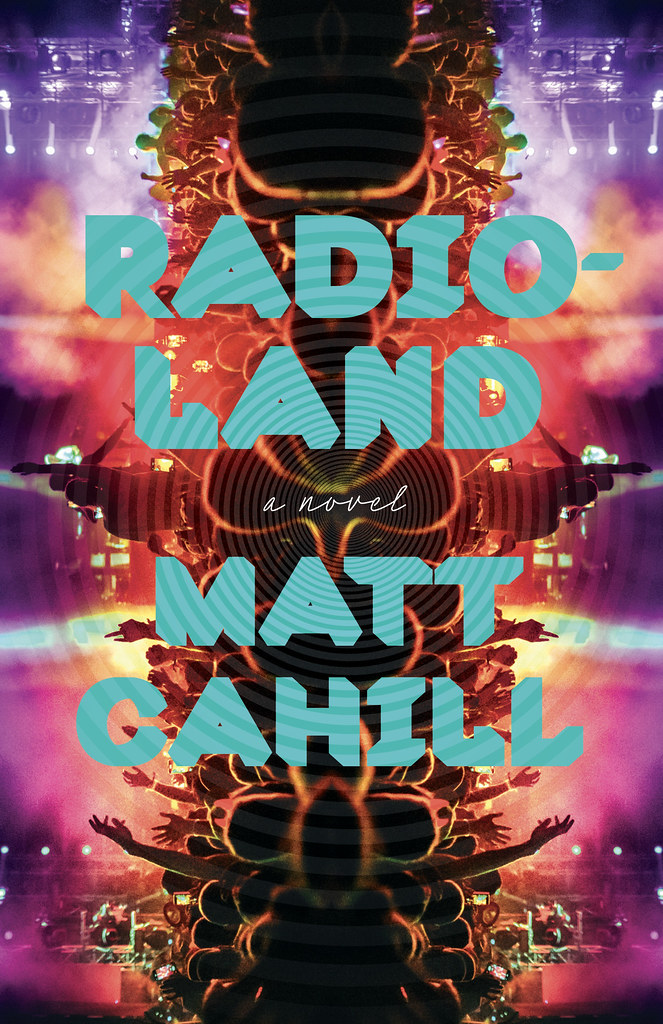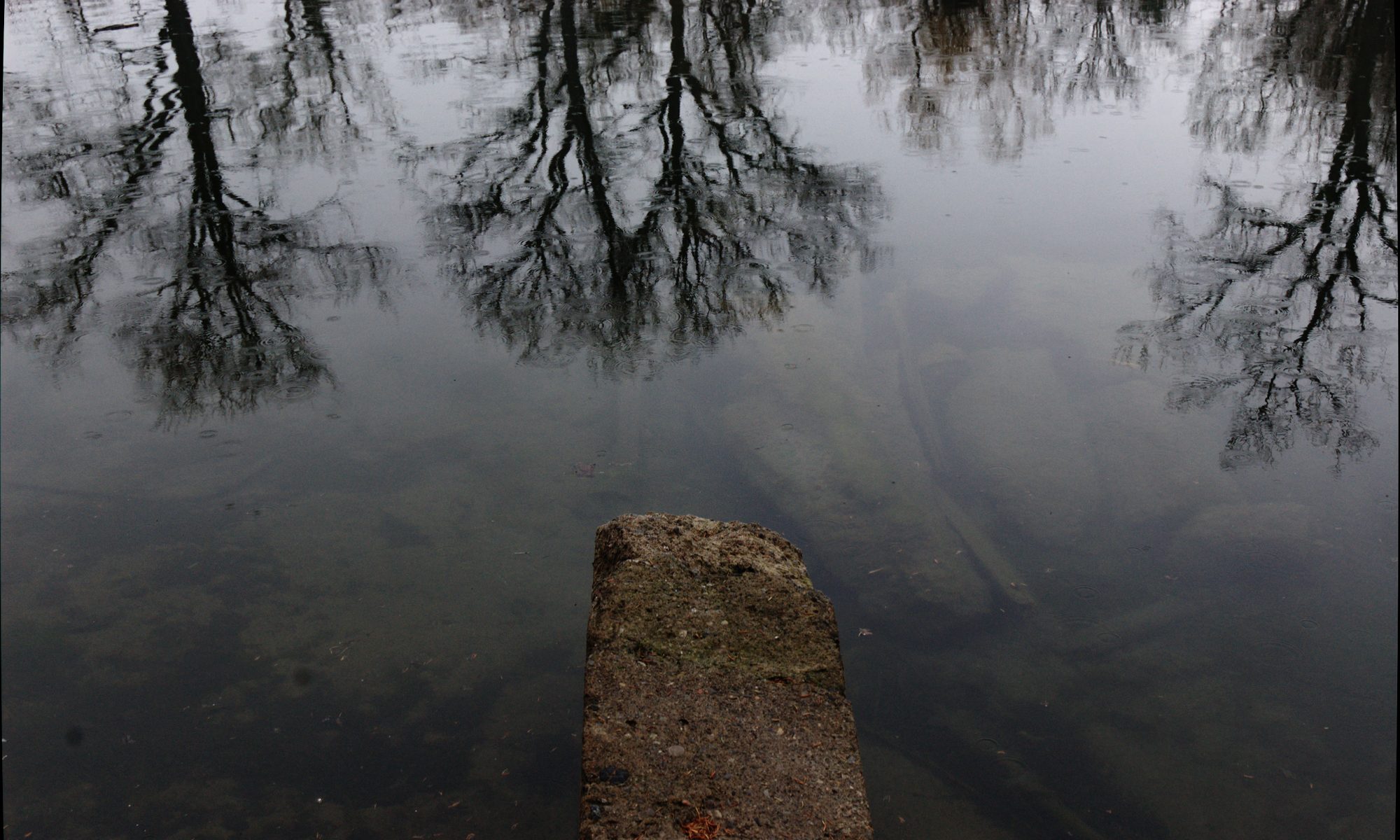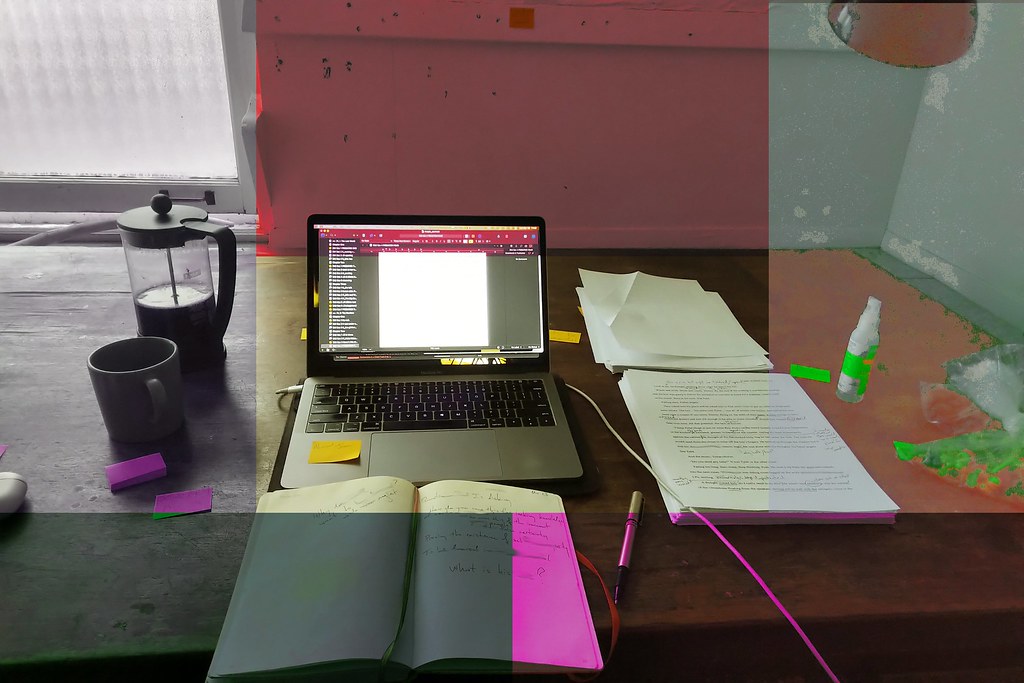In a previous post I wrote about how guitar lessons have been a gateway for me to work with patience, and I thought I would devote a little more space to that (side note: sometimes I’ll look back on blog posts and see how cramped/dense the ideas are, which reminds me a bit of how my first drafts look like when I’m sketching fiction — except it’s not exactly in the nature of blog posts to go back and revise, so I apologize if sometimes what I end up writing here is a little nebulous).
Anyways, guitar and patience. I didn’t go into guitar thinking I would be doing anything great or fancy. Not starting a band or anything. I just wanted to build a relationship with this instrument — something I couldn’t do when I played drums (due to their cumbersomeness and noise, especially if you are living with someone). Thing is, drumming came naturally to me, even though I never really sought them out. I took piano when I was a kid, and when I signed up for concert band (because why wouldn’t you find any way possible to avoid staring at a blackboard) my keyboard skills weren’t quite at the level to easily follow the sheet music that accompanied the band. And so I was thrown into percussion. I took to it quite well because I’ve always had a keen sense of rhythm. Going into high school, the percussion section expanded and there was usually drum kit available to practice on. And so I helped myself and eventually joined a rock band. We lasted about 5 years and there are, as they say, no regrets. But, as I mentioned, it wasn’t so much my dream to be a drummer, as much as it allowed me to stay close to music. My relationship with drums is arms-length let’s say.
With guitar the first thing you realize is that, unlike drums where the pressure is keeping the beat, if your calloused fingertips are off by only a couple of millimetres you are probably going to play the wrong note. In other words, the feedback loop of wrong/right is much more immediate and sensitive, reminiscent of piano (even more so, I would say, especially if you trying playing guitar with an overdrive pedal). As a highly sensitive person (not diagnosing myself but being honest nonetheless) this feedback loop can be very intense, and, if I’m in an off mood, the “wrong” feedback can get on my nerves fairly quickly, leading me to melt down a bit. And this is where patience comes in. I’ve had many instances where, either because I’m developing a new skill (say, a pull-off using my fourth, or “pinky”, finger) or increasing my speed with an advanced piece, I’ll end up having a bad day. In the beginning of learning guitar, those bad days were stormy for me; I got frustrated with myself, frustrated with my lack of finger coordination — all the things. I learned a couple of things over time (which is easier to do when you’re playing a song you like): bad days are part of learning and not an indictment of any innate ability you have to do something; and taking time off (be it an hour, a day, even a week) — although it might seem counterintuitive to those of us who read about performers spending several hours each day practicing — allows you to come back to your instrument with a fresh mind and, in my experience at least, if not better technique then easier comfort with the instrument. As a result of allowing myself to take it easy, on myself and my expectations, I’ve gotten better at being able to picture myself overcoming the inevitable short-term stumbles and seeing the bigger picture where the mistakes I’m making today are not carved in stone forever, as they sometimes feel in the moment.
I’ve been cognizant of this because when I’ve been revising my writing in the past — my fiction in particular — sometimes my notes can be brutal. In a fit of frustration I’ll write things in full caps (“DOESN’T MAKE SENSE?!”) which, while maybe capturing how I’m reacting to something that’s a rough draft, doesn’t exactly make for pleasant reading when I come back to implement the revisions to the story or book. It’s like taking on the tone of a quasi-abusive teacher or parent. It can be oppressive and can make the process of revision (which is where the magic truly happens) tedious and soul-melting whereas I know it’s supposed to be where I develop a closer relationship with the work. Note the word relationship.
If you will excuse the generalization, there are two types of people who pick up a guitar: the person who wants to learn [insert cool song], and the person who is curious about developing a relationship with the instrument. Sometimes the former turns into the latter, but rarely does it go the other way if your intent is honest. Likewise with learning to write (which, in the end, is largely learning to revise) I’ve taken some of the lessons I’ve learned with guitar and patience and applied them to how I “speak” to myself in my revision notes. Do I need a stern lecture? No, I don’t. Do I need shouty language? No, I don’t. And, now that I’m up to my knees in revisions to Radioland, I’m implementing this approach. The full-caps are gone. Instead of “CHANGE THIS” or “NO” I try to write something akin to an editor’s voice — an editor who wants the intended end-result to rise to the surface of the current draft — with something like “This is working but could use clarity.” Imagine coming to that while you’re making changes? Doesn’t that sound more reasonable (let alone approachable) than something like “WHAT ARE YOU TRYING TO SAY HERE??”
I suppose I’m putting this out there to show that there are many ways to grow as an artist — at any stage– and one of those ways is indirectly applying the lessons of one form to another. I still have bad guitar days and will continue to experience them as long as I endeavour to play, but the important thing is that I can look past those days. And because of that, I’m better able to see (and believe) that I can, as a novelist and short story author, work through the rough patches in my writing.
(P.S. Big shout-out to Michael @ Red House Music Academy)




